After Israel’s 2008 Operation Cast Lead, tensions existed inside the Palestinian resistance movement between armed and unarmed struggle. The promise of a ten-year hudna, or truce, between Hamas and Israel, should have put the Palestinian organization on the road to politics, PLO membership and eventually peace. What went wrong? An exclusive excerpt from Hamas: From Resistance to Regime, published by Seven Stories.
Hamas: From Resistance to Regime by Paola Caridi
Translated from the Italian by Andrea Teti
Seven Stories Press 2023
ISBN 9781644211892
Paola Caridi
Why did the Islamist movement not make the final jump from “resistance” to “politics”? This is the basic question of Hamas’s recent history, and given that Hamas is still involved in a conflict with Israel, the question is on its face difficult to answer. Since its inception, the very name of the movement has contained the word “resistance,” and it is difficult to erase this component entirely — especially if the initial conditions that prompted that resistance remain. The West Bank remains occupied, and the military fence still isolates the Gaza Strip that Ariel Sharon “liberated” in Israel’s unilateral withdrawal in 2005.
The decision to enter national politics after the Second Intifada is extensively documented by witnesses within the movement as is the decision to formally enter the Palestinian National Authority (PNA). There are no records, however, of political debates concerning the suicide attacks, which ended after the unilateral truce in January 2005, with the exception of the isolated case of an attack in the Dimona, inside Israel, in February 2008.
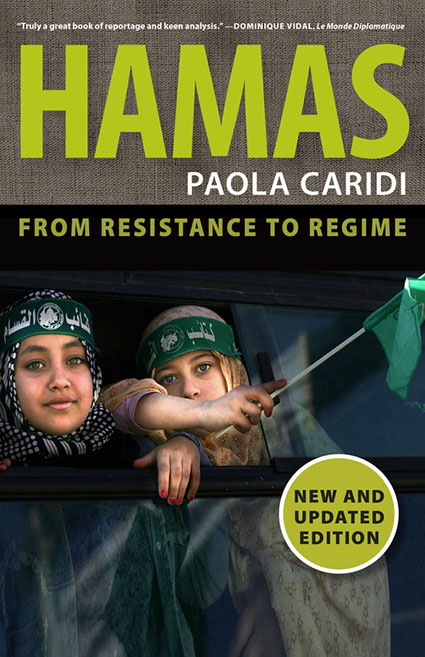
The topic of suicide attacks is considered taboo among Islamists, at least in their interactions with outside interlocutors. But there are, indeed, ambiguous answers that I collected from some Hamas leaders that clearly lead to the following hypothesis: The political wing invariably consulted its four constituencies (Gaza, the West Bank, East Jerusalem and diaspora refugees officially part of the PNA) in order to decide whether to “increase or decrease the resistance” — a euphemism for the suicide attacks. But we must infer the existence of a specific political decision on the matter to explain why the military wing has not launched a single suicide attack in the six years since the unilateral truce. Of course, this does not mean that there were no more indiscriminate attacks targeting civilians, as indeed happened through the launch of thousands of homemade Qassam rockets from the Gaza Strip.
But these rocket launches differed from suicide attacks in two key respects. First, they thankfully did not have the devastating firepower of the kamikaze attacks that spread fear and death into the very hearts of Israeli cities. Second, suicide attacks are closer to a conception of armed confrontation that is typical of guerilla warfare. In a way, then, the choice to abandon suicide attacks in favor of rocket launches appear to suggest that the military wing of Hamas militarized, so to speak. And it is precisely this militarization that holds back the transition from resistance to politics, leaving the confusion that surrounds Hamas unresolved and encouraging the international community to subsume armed factions and political wings, Qassams and participation in government under a single roof.
Yet, it is certain that the positions the international community adopted since 2006 affected Hamas’s (in)ability to complete the process of “de-radicalization” that had been demanded of it. The intransigence, the isolation, the embargo, the marginalization, the pre-conditions required before any contact whatsoever with the international community was possible — all these were crucial in reducing the influence of moderates, or at least of pragmatists, within the Palestinian Islamist movement. In this sense, a highly debatable page of the history of diplomacy, of media information, and of politics — and not just Middle Eastern politics, but European, Western, and American politics as well — has been written. The West avoided real opportunities to moderate Hamas positions by enclosing them within a diplomatic framework that would place armed radicals in a position from which they could no longer damage the process. The result has been that the moderate voices within Hamas have been silenced in favor of the hawks. Especially after Operation Cast Lead in 2008–09, the new generation of Hamas activists have been less and less inclined to pragmatism and more and more attracted to a renewed “military option.”
The condition in which Palestinian politics as a whole finds itself today — namely an existence with a very limited degree of sovereignty — cannot be explained without understanding the role of the complex corridors of power in Ramallah and in Gaza City. The split between Fatah and Hamas, between the West Bank and Gaza, has without a doubt diminished the national dimension of the Palestinian question. There are plans on the desks of certain administrations for the establishment of two separate entities — Gaza and the West Bank — that are increasingly thought of in terms of their links to would-be patrons such as Egypt and Jordan. These plans are the result of the split. Yet that split is not only the result of internal Palestinian politics; it has been stoked and sustained from the outside. The strong role the international community has taken in Palestinian internal affairs has only made existing problems worse. In particular, military intervention by Israel has failed to produce any definitive result. On the contrary, even an operation on the scale of operation Cast Lead has failed to destroy Hamas, either from the outside through bombardments or from the inside by inciting the population to revolt.
Serving the People or Itself
Instead, the two crucial questions about the effects of the war on Hamas are about the movement’s internal equilibria and about its popular consensus. On its knees as a consequence of the thousands of militants arrested in the West Bank by both Israelis and the security forces loyal to Abu Mazen’s PNA, Hamas has increasingly made Gaza its stronghold. And it is Hamas’s political and military control of Gaza, as well as its ability to keep the Strip running despite the miserable landscape of destruction created by Operation Cast Lead, that have kept Hamas active as a major player in Palestinian politics. A question arises, and louder than it has before: Is Hamas “serving the people,” as it has claimed for over two decades, or is it now starting to “serve itself”? This is the kind of accusation that is now spreading among the people: The assertion that Hamas has become like Fatah. Although it is too simplistic to equate the experience of the two parties, power has changed Hamas, as it changed Fatah during the first 12 years of the PNA.
While the leadership inside the Strip is crucial to maintaining the Islamist movement’s internal equilibria and to managing its negotiations with international actors, the real question concerns the movement’s ability to retain popular support. There are two possible answers. The first is that Hamas has been weakened because a part of the population — and not just in Gaza — considers it partly responsible for the humanitarian disaster. The second is that Hamas has in fact been strengthen, given that in the Arab world, the 2008 Gaza War resulted in a favorable outcome for Hamas. Historically, Hezbollah’s profile in Lebanon and in Arab public opinion was not diminished after the destruction of the 2006 war with Israel, an outcome that might occur with Hamas.
There are two possible trajectories for Hamas going forward. One is to continue on the path of politics, pragmatism, and moderation. The other is to pursue a return to arms and to the opposition of armed groups within the Strip to any possibility of negotiations. The latter path is indicated by the desperate choice of so many among the young Palestinians who answered the question of what they would do when the bombing of Gaza stopped with a single word: muqawwama — resistance. And yet, if radicalization is an unfortunately foregone conclusion of each and every new spark in the close-quarter struggle of the Israeli–Palestinian conflict, one cannot therefore conclude that the Islamist movement will be involved in — or overwhelm by — that same knee-jerk reaction.
In sum, there are those who argue that radical movements in crisis zones, movements that have built into their very birth this dual logic of resistance in politics, cannot but enter — whether sooner or later — the framework of negotiations, in the context of a sustainable dialogue with institutions. It happened in Northern Ireland with a complete transition of Sinn Féin and the IRA into politics – a transition that, like the one Hamas is currently undergoing, was not wholly free of obstacles that at the time seemed insurmountable. The transition from resistance to politics also happened in Africa, from the pathway to power traced by the ANC in South Africa.
The transition towards politics of a movement that uses violence and resorts to terrorism never follows a straight line, nor is it without phases of returning to arm struggle. The definitive jump across the chasm is a responsibility first and foremost of those who make the choice to use violence, but the context within which that choice is made is never irrelevant. In the case of Hamas, the context is the conflict itself. Nor is the influence of those who are already present at the scene of a conflict inconsequential. Different approaches to the issue of Hamas have been taken within the Arab world, within the broader Middle East, within the Europe Union (which to this day remains ambiguous about its ability to act independently within Mediterranean politics), and finally within the US.
One cannot separate this transition from the larger transition and Palestinian politics from the pre-Arafat era to the post-Arafat one. The world of post-Arafat Palestine and the new elites, distinct from those who administered the Oslo process, is a Palestine focused on a wholly national horizon: Palestine within the Green Line — in other words, including the West Bank, Gaza, and East Jerusalem — as epitomized by the request the PLO made of the UN in September 2011 to recognize the state of Palestine. This national focus might appear at odds with the Hamas structure and its leadership [then] based in Damascus, deeply connected as it is with the world of those refugees who fled in 1948 and in 1967. And yet even that leadership abroad bases its national perspective on the Palestine carved out by the PNA. It is this Palestine, the PNA Palestine, that Hamas’s leadership can neither do without nor disregard.
It is no coincidence that Hamas’s leadership has often reiterated its acceptance of a Palestinian state on the 1967 borders, with Jerusalem as capital and with the refugees’ right of return. Sheikh Yassin proposed it in his long-term hudna of 1997; the Hamas government proposed in 2006; the then head of Hamas political bureau Khaled Meshaal proposed it over and over in the media blitz of 2010. Agreeing to a Palestinian state on the 1967 borders means, for Hamas, narrowing the “space” prescribed by the Mithaq, Hamas’s unofficial 1988 charter. It does not mean the acceptance of Israel, but it does mean that Hamas has put effort into the goal of joining the PLO as a political actor and thereby gaining total and indisputable national legitimacy. Politically speaking, the core issue in the reconciliation process was PLO reform and the subsequent admission of Hamas as a full-fledged member of the PLO, the only Palestinian institution considered to be the source of legitimacy, even among the refugees who are so vital to Hamas’s support. The importance that Hamas attaches to its PLO admission does not undermine its struggle for power inside the PNA. On the contrary, admission to the PLO would give to Hamas’s role inside the PNA the natural legitimacy it needs.
“Aren’t we thinking about how the Taliban might be brought into the fold, or at least admitting that they are part of Afghanistan’s social fabric?” US Colonel (ret.) Philip J. Dermer explains in “Trip Notes on a Return to Israel and the West Bank: Reflections on US Peacemaking, the Security Mission, and What Should Be Done,” published in Journal of Palestine Studies.
A reading of his “notes,” from 2010, reveals him to be neither naïve nor cynical, but rather a Realpolitiker with a strong field background. “For the Palestinians,” says Colonel Dermer, “if concrete progress is to be made in dealing with the Israelis, Hamas cannot be ignored or wished away — they exist and they are Palestinian. How many years was it before we came to the overdue conclusion that Arafat and his PLO were not going to go away and took steps to deal with that reality?”
Yet as time passed, marred by the blood and suffering of Operation Cast Lead and an idiosyncratic peace process, more and more of those in the diplomatic and military circles understood the depth of the strategic mistake committed in 2006. That was the moment, the occasion, the possibility for the West to have put a political bridle on Hamas and dragged it into a democratic institutional framework.
Now that moment has passed. The fifties generation of leaders are feeling the pressure of a new brood of young leaders bred by the “prison syndrome” in Gaza and by the dangerous seeds of Hamas’s failure to be incorporated smoothly into the PNA. Involving Hamas is now a bitter and inescapable necessity, but it is not as feasible as it was in 2006, in part due to the divide between Hamas and Fatah that Western diplomats helped to cultivate.
This is an exclusive excerpt from Hamas: From Resistance to Regime, updated and revised edition by Paola Caridi, translated by Andrea Teti, published by Seven Stories Press. Andrea Teti is a lecturer in international relations at the University of Aberdeen, senior fellow at the European Center for International Affairs, and lead author of Democratization Against Democracy: How EU Policy Fails the Middle East (2020); The Arab Uprisings in Tunisia, Egypt and Jordan (2018); and co-editor of Informal Power in the Greater Middle East: Hidden Geographies (2014). His research focuses on Middle Eastern politics, political theory, and the history of social science.



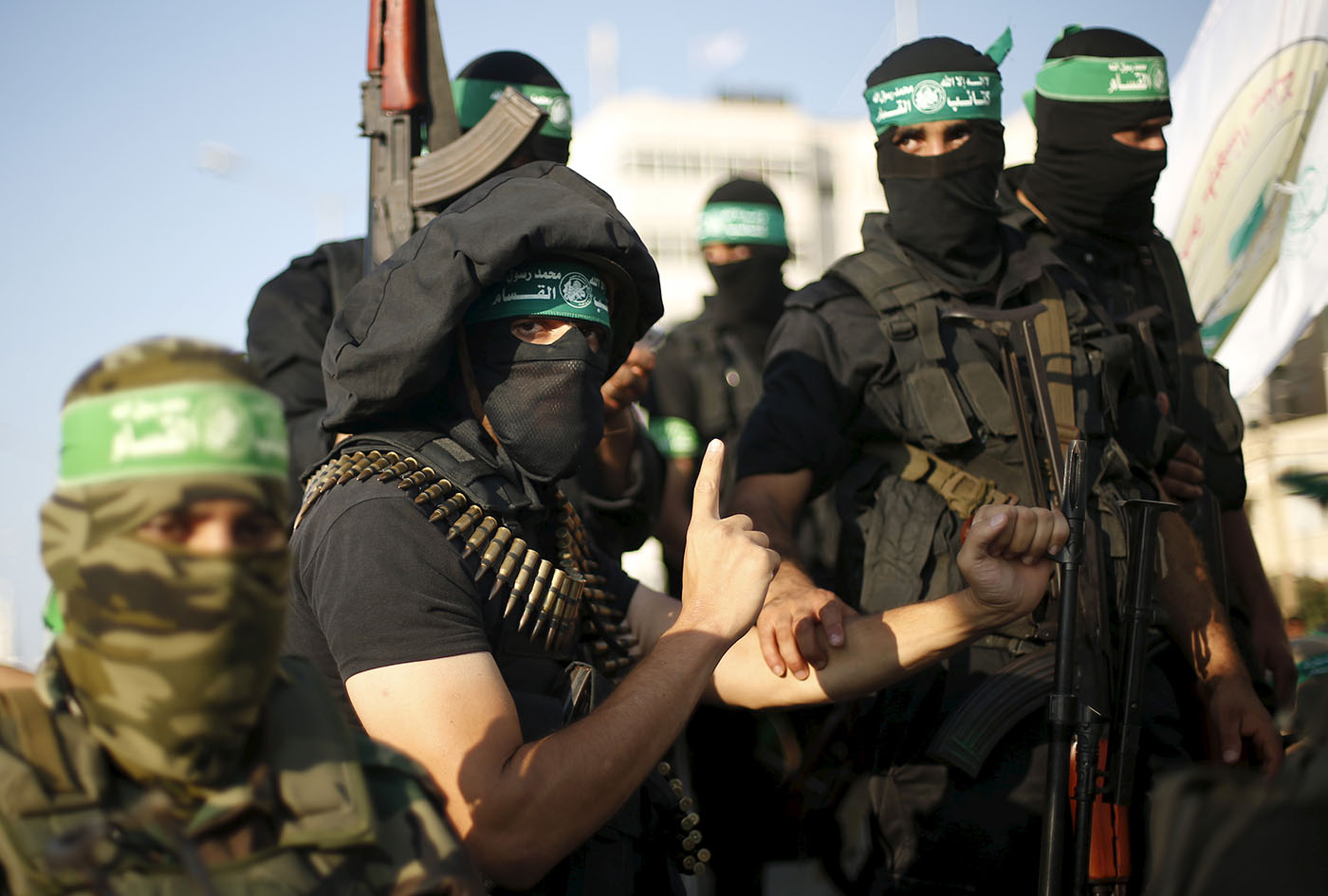
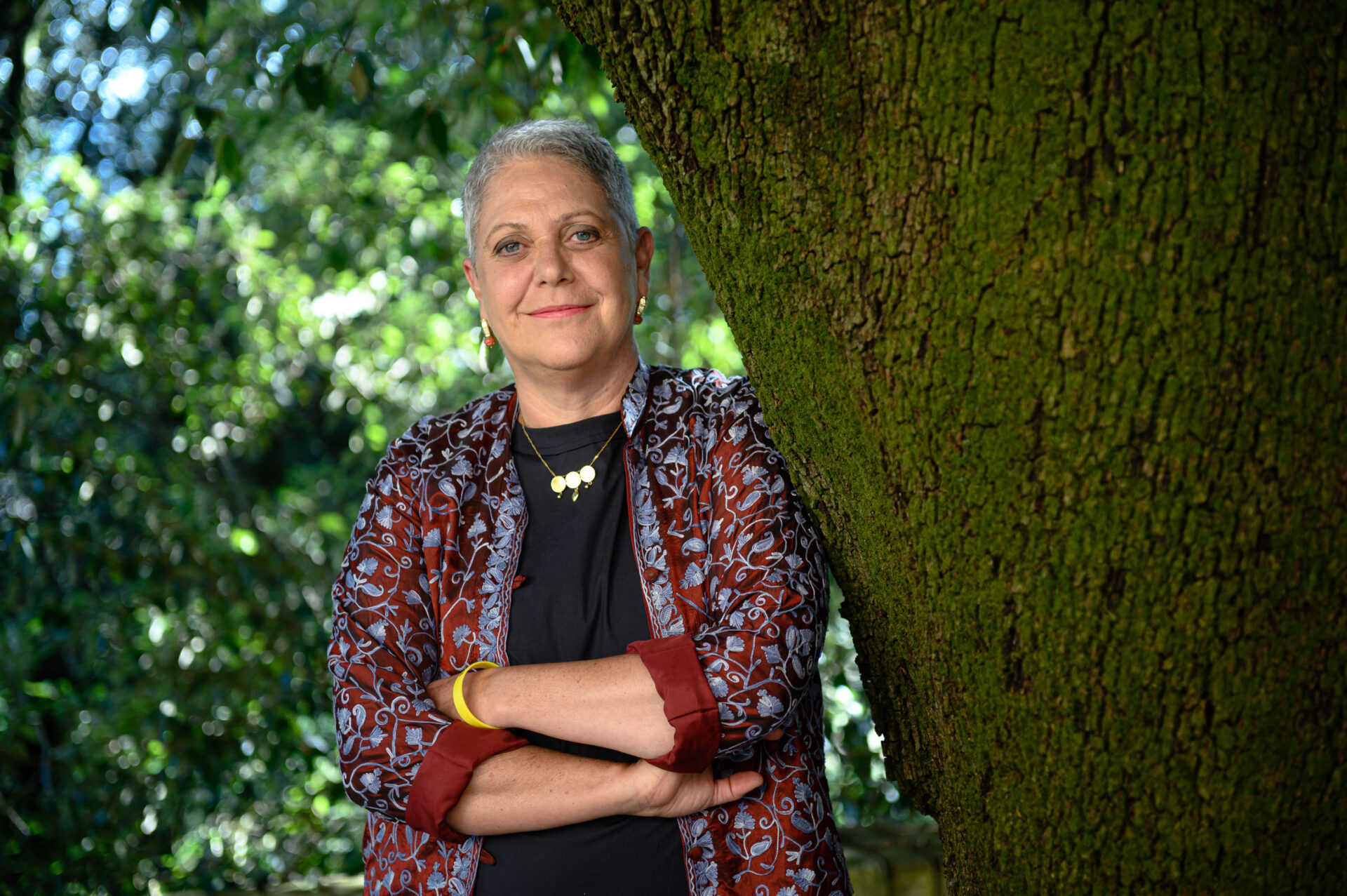







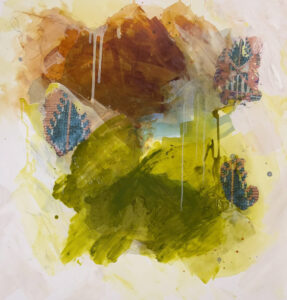
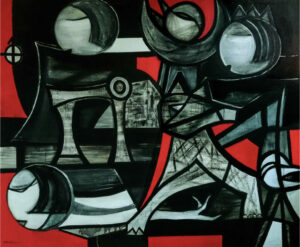















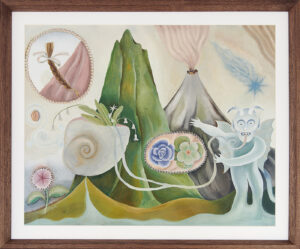











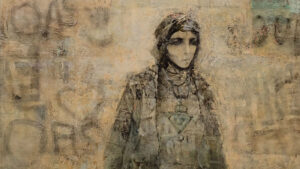































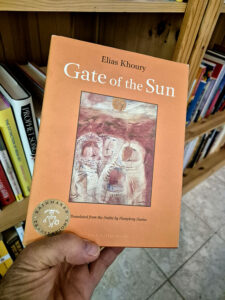






























































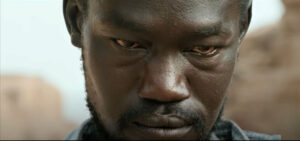

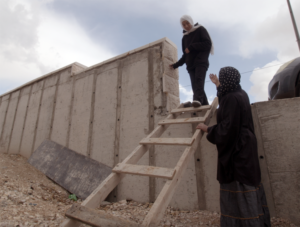



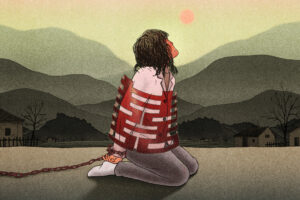



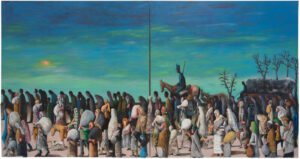





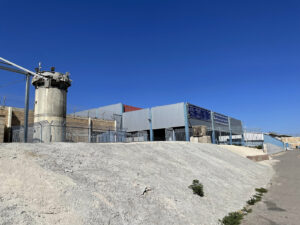

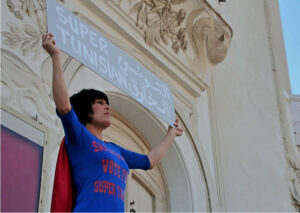



























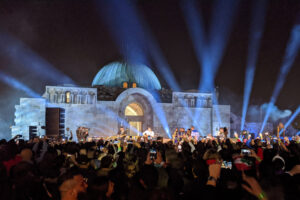


























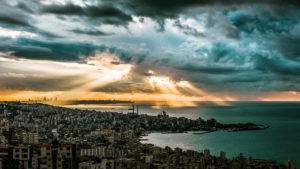
Excelente abordagem da configuração política e do movimento armado do Hamas e suas diferenças em relação ao Fatah, protagonizado pela diplomacia internacional, que mantém essa divisão. A atual guerra poderá estabelecer novas configurações na medida em que o mundo acompanhar o teatro do genocídio. O tema palestina e Hamas é marcado pelo sofrimento e constantes destruições. Esperar que esse quadro possa trazer um pouco de paz.